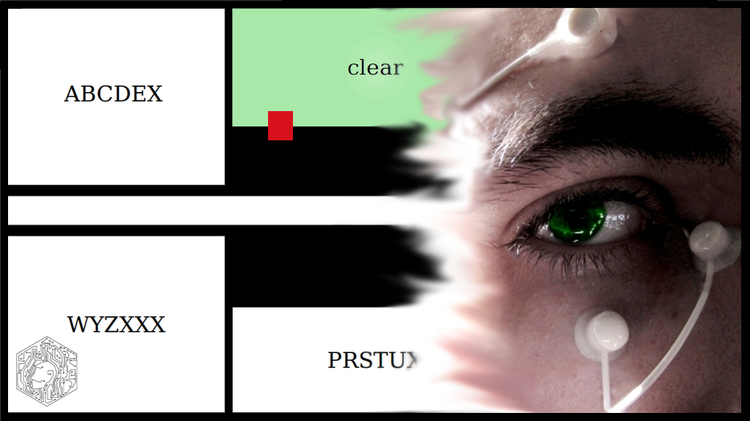Neuroinformatics labs in Warsaw: free as in 'freedom'
Filed under:
General neuroinformatics
Jarosław Rybusiński (Faculty of Physics, University of Warsaw), Anita Gardias (Faculty of Physics, University of Warsaw), Karol Augustin (Faculty of Physics, University of Warsaw), Rafał Kuś (Faculty of Physics, University of Warsaw), Mateusz Kruszyński (Faculty of Physics, University of Warsaw), Zbigniew Jędrzejewski-Szmek (Faculty of Physics, University of Warsaw), Hubert Klekowicz (Faculty of Physics, University of Warsaw), Piotr Durka (Faculty of Physics, University of Warsaw)
World's first neuroinformatics BSc curriculum at the Faculty of Physics University of Warsaw includes over 300 hours of laboratories dedicated to the practice of registration and analysis of EEG and other bioelectrical/biomedical signals. These classes are based entirely on Open Source (GPL) software, with the only exception being a brief introduction of Matlab® environment. It gives several immediate advantages for both education and using the acquired knowledge in practice:
1. Students have freedom to use at home exactly the same software as in classes.
2. Students can play with the source code, and in future modify the software for particular business or research needs.
3. Upon finishing the BSc, graduates have expertise and experience with the software packages which they can start using for any purpose including commercial at no charge.
Owing to the availability of high-level libraries, Python is viewed as a possible free replacement for the commercial package Matlab®, also widely used in neuroinformatics especially for larger projects, which also favors the graduates in many employment opportunities. Teaching programming in Python was a decision based upon careful observation of the trends in neuroinformatics, development of the major projects and discussions with involved scientists.
Complete system for recording and analysis of bioelectrical signals was built at the University of Warsaw based upon two projects of Department of Biomedical Physics: Svarog.pl and OpenBCI.pl. Svarog provides the only Open Source viewer for multichannel time series with quality matching commercial systems, while OpenBCI provides real-time communication with amplifiers and allows for setting up experimental scenarios.
Students will present software tools used during EEG laboratory classes, perform live EEG recordings and show sample results of SSVEP and ERP analysis. Apart from this sample of GPL-based education, students will present also their own creative contributions including electrooculograph (EOG)-based speller with interface to speech synthesis, e-mails, sms and other functionalities from the field of assistive technologies.
1. Students have freedom to use at home exactly the same software as in classes.
2. Students can play with the source code, and in future modify the software for particular business or research needs.
3. Upon finishing the BSc, graduates have expertise and experience with the software packages which they can start using for any purpose including commercial at no charge.
Owing to the availability of high-level libraries, Python is viewed as a possible free replacement for the commercial package Matlab®, also widely used in neuroinformatics especially for larger projects, which also favors the graduates in many employment opportunities. Teaching programming in Python was a decision based upon careful observation of the trends in neuroinformatics, development of the major projects and discussions with involved scientists.
Complete system for recording and analysis of bioelectrical signals was built at the University of Warsaw based upon two projects of Department of Biomedical Physics: Svarog.pl and OpenBCI.pl. Svarog provides the only Open Source viewer for multichannel time series with quality matching commercial systems, while OpenBCI provides real-time communication with amplifiers and allows for setting up experimental scenarios.
Students will present software tools used during EEG laboratory classes, perform live EEG recordings and show sample results of SSVEP and ERP analysis. Apart from this sample of GPL-based education, students will present also their own creative contributions including electrooculograph (EOG)-based speller with interface to speech synthesis, e-mails, sms and other functionalities from the field of assistive technologies.

Preferred presentation format:
Demo
Why demo:
We would like to perform live EEG recordings and allow audience to test our EOG-based speller themselves. It would be much more interesting and fun when demonstrated live rather than presented on a poster.
Topic:
General neuroinformatics

 Latest news for Neuroinformatics 2011
Latest news for Neuroinformatics 2011 Follow INCF on Twitter
Follow INCF on Twitter
